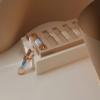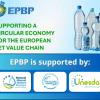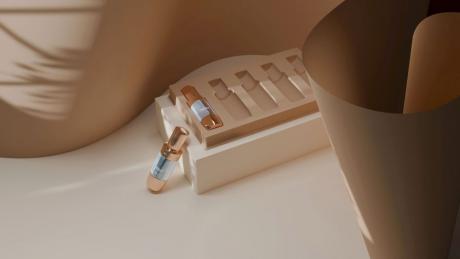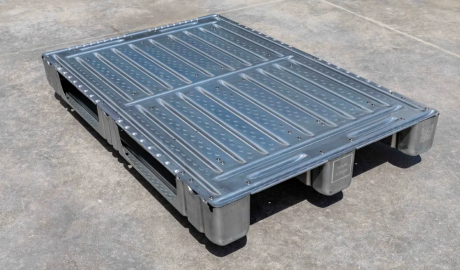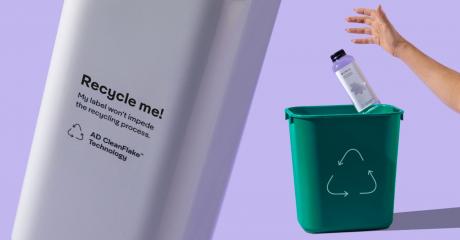Aimplas, a technology and consultancy centre for the plastics industry based in Spain, has developed more than 2,000 sustainable and durable multi-layer bags made from recycled material with additives that retard their degradation to contain flour, dried beans and blankets distributed by the International Red Cross.
This action is part of a project funded by Innovation Norway (Norwegian Business and Industry Innovation and Development Facility) and managed by the ICRC (International Committee of the Red Cross), UNHCR (UN Refugee Agency) and WFP (UN World Food Programme). The aim is to research alternatives to polypropylene bags used for packaging food and relief items.
Aimplas contributed to the project by designing a multi-layer structure for more than 1,500 sacks used to transport wheat flour and dry beans, with the aim of delaying the degradation of the sacks due to exposure to extreme environmental conditions. The Plastics Technology Centre also formulated a second coating, also containing recycled material, which was used to produce a further 500 blanket sacks.
Rafia Industrial, part of the Spanish Armando Álvarez Group, contributed to the project by producing raffia bags (a raw material used in the textile industry) on an industrial scale.
These humanitarian aid bags will be included in three supply chains selected by the participating organisations to be tested in different and changing environments. The bags designed by Aimplas will be used in Cameroon, India and Turkey.
Also participating in the project are Aust, a Bangladeshi university whose textile engineering department will develop a jute bag with a biopolymer coating, and Giotto & SUPSI, a consortium consisting of a consulting firm and a Swiss university, which will work on the development of a material based on natural fibres, with subsequent tests including a life cycle assessment of polypropylene bags and their alternatives to analyse the reality on the ground.


